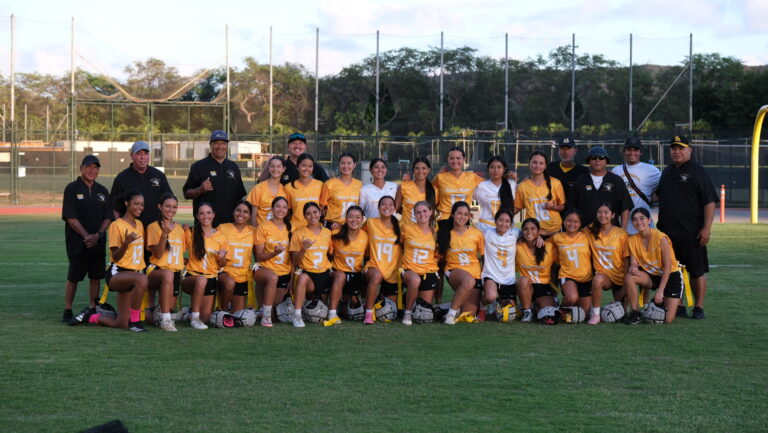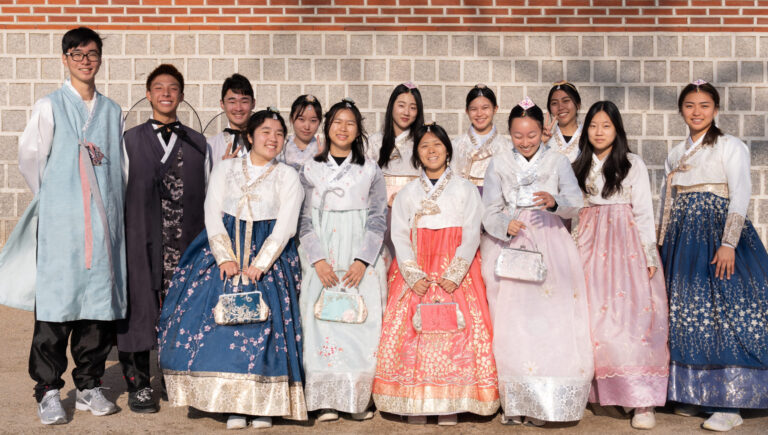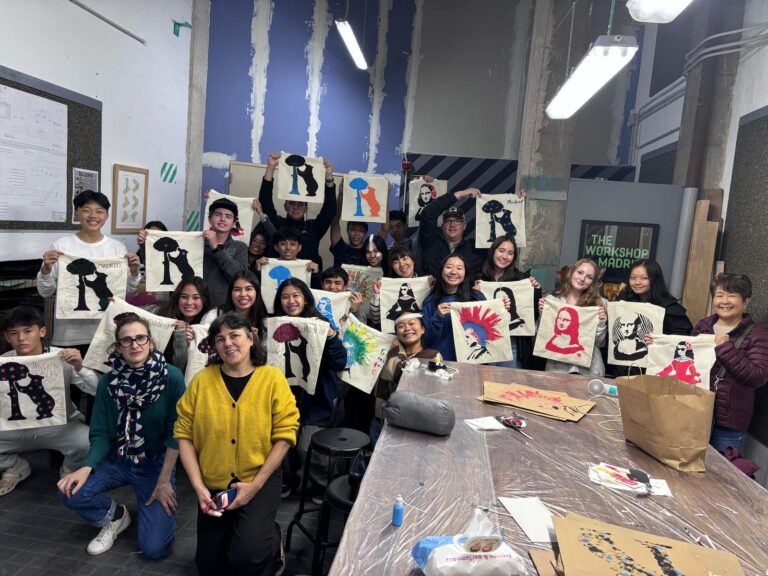On February 10, Kansas state Republican governor Samuel Brownback issued an executive order revoking protections against job discrimination for LGBTQ people (lesbian, gay, bisexual, transgender, questioning).
That day, Brownback stated that the executive order “ensures that state employees enjoy the same civil rights as all Kansans.” Employees in the state can now be legally be fired and denied employment based on their sexual orientation alone.
In Chapel Hill, North Carolina, three university students were shot by Craig Hicks. The students were later revealed to be Muslim, causing dispute over Hicks’s motive behind the shooting. While Hicks’s wife denies the anti-religious intent, psychiatrist Mohammad Abu-Salha argues that “the shooting was execution style, a bullet in every head. This was not a dispute over a parking space; this was a hate crime” (USA Today).
And according to CNN, United States Attorney General Eric Holder plans to take legal action against the Ferguson Police Department for the use of discriminatory tactics, following up investigations into police department itself. CNN explained that the Justice Department’s action would call to improve how Ferguson police deal with minority communities. At the same time, demonstrators in Ferguson continue to rally, protest, and demand justice for Brown’s death.
Under closer examination, it is clear that these bygone beliefs of discrimination based on race, religion, and sexual orientation are still present in contemporary society.
In modern society, we pride ourselves for being progressive and more open-minded than previous generations. However, under closer examination, it is clear that these bygone beliefs of discrimination based on race, religion, and sexual orientation are still present in contemporary society. Keep in mind, the events above are ones that occurred in the United States alone.
In response to some of these events, twitter erupted with the tags #BlackLivesMatter and #MuslimLivesMatter as people around the world voiced their sympathies for the families of the deceased and their vexations against the issues. At the Oscars, many of the speakers, such as rapper Common and musician John Legend, referenced Martin Luther King Jr.’s fight for equality when referring to the movie Selma, which featured Luther’s fight against discrimination even after the Civil Rights Act of 1964.
Unfortunately, the reality is that in our current position, as mere teenagers in the middle of the Pacific Ocean, we are not completely capable in making leaps and bounds against huge issues like those happening in Ferguson and Kansas. However, in The Hobbit: An Unexpected Journey, the wise wizard Gandalf says, “I found that it is the small everyday deeds of ordinary folk that keep darkness at bay—small acts of kindness and love.” While it is easy to criticize these publicized actions and controversies, we should take the time to identify and analyze our own personal prejudices and biases against others. It is easy for us to criticize discriminatory actions when they appear in the news, but in reality, we all have our own personal biases. How do you respond when you see a homeless person? A tourist? A public school students? When we can identify these prejudices, the sooner we can correct them. The fact of the matter is that despite our different appearances and beliefs, and as cliche as it sounds, we are all human beings. We share common goals and experiences, and when we can truly acknowledge each other as humans—not different races nor different religions—we can learn to appreciate our differences and not make irrational judgements.







